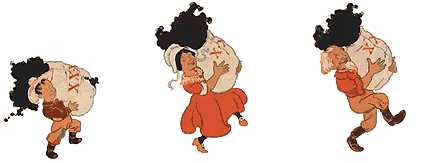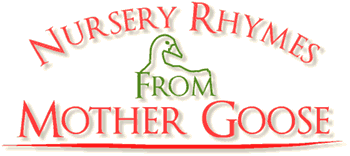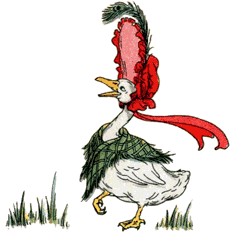Baa, Baa, Black Sheep
Baa, baa, black sheep,
Have you any wool?
Yes sir, yes sir,
Three bags full.
One for the master,
One for the dame,
And one for the little boy
Who lives down the lane.

Version published in 1744:
Bah, Bah a black Sheep,
Have you any Wool?
Yes merry have I,
Three Bags full,
One for my master,
One for my Dame,
One for the little Boy
That lives down the lane.
Royal Taxation
At first glance, this nursery rhyme sounds like a simple little song teaching children the sound that sheep make. In reality, this verse may speak about something far less innocent — taxation.
The rhyme is often believed to refer to events in the late 13th century, when King Edward I of England was fighting expensive wars in Wales and Scotland. The treasury was nearly empty, so the King raised taxes heavily, even on the Church, which until then had been mostly untouchable.

Tax on Wool
Wool was England’s biggest export at the time, and the new law demanded that each farmer give one-third of his wool to the King (the “master”), another third to the local noble or Church (the “dame”), and keep only the remaining third for himself — represented in the rhyme as “the little boy who lives down the lane.”
One more detail: black wool was worth less than white wool because it couldn’t be easily dyed or sold at high prices. That means the choice of a black sheep wasn’t random — it adds a small touch of irony to the rhyme.

1. A simple retelling
A black sheep is asked whether it has any wool, and it answers that it has three bags—one for the master, one for the dame, and one for a boy living down the lane.
2. The characters
A talking sheep, a master, a dame, and a little boy mentioned in the rhyme.
3. Setting
No precise location, but it suggests a rural setting where sheep are kept and wool is collected.
4. Theme
Sharing resources—or, in a historical reading, how goods are divided among authority, landowners, and common people.
5. Moral
No clear moral. The rhyme may simply reflect how resources were distributed rather than offering a lesson.

